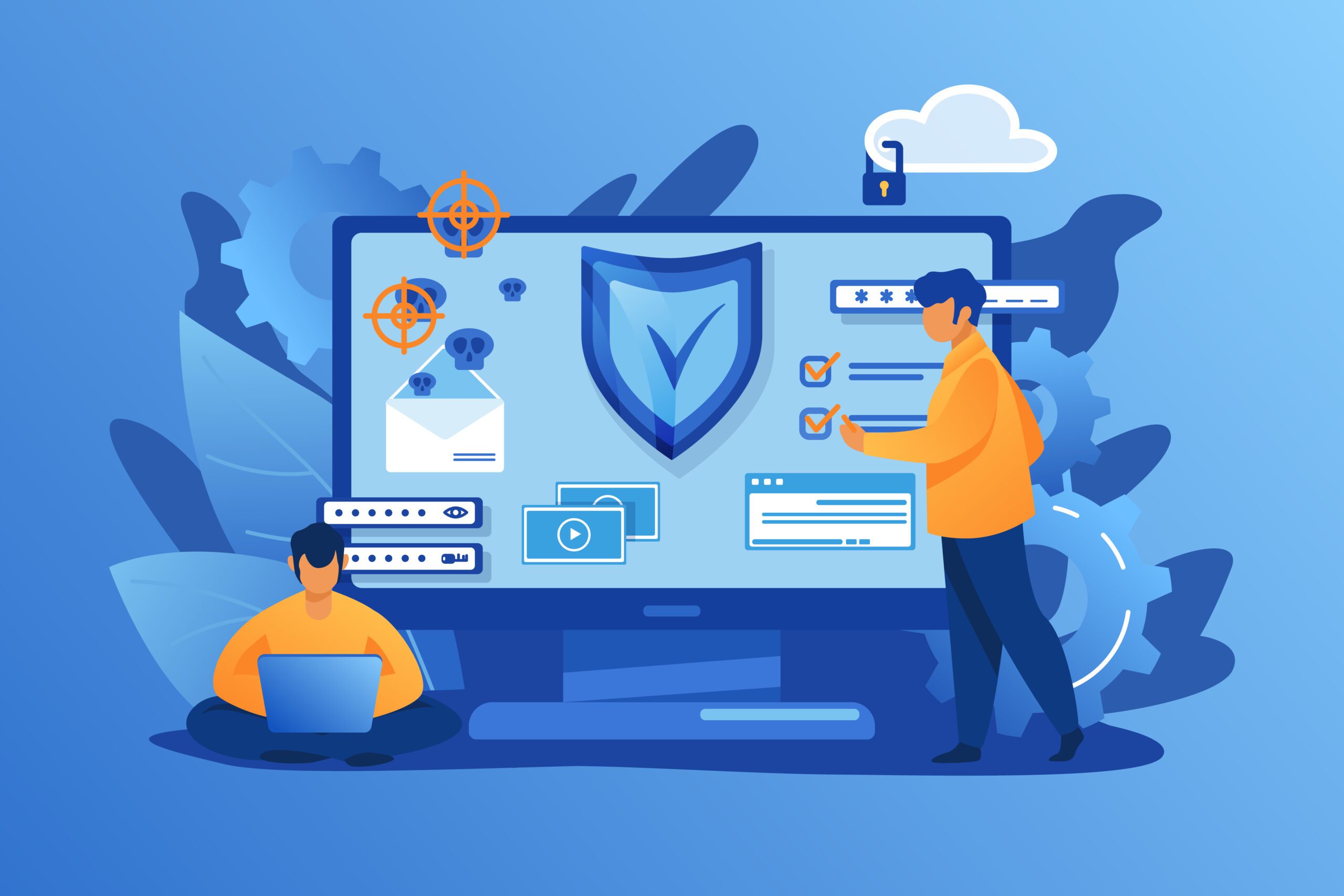1. Introduction
In today’s digital landscape, where information flows freely and online threats lurk around every corner, maintaining productivity and ensuring security are paramount for individuals and businesses alike. With an effective web filter in place, you can proactively manage your online activities, safeguard sensitive data, and optimize your efficiency. In this article, we will delve into the world of web-filtering, exploring its benefits, features, and the positive impact it can have on your productivity and security.
2. Understanding Web-Filtering
Web-filtering refers to the process of controlling and regulating access to online content based on predefined criteria. It involves the use of sophisticated algorithms and rules to categorize websites and block or allow access accordingly. By filtering out potentially harmful or non-work-related websites, web filters create a safer online environment and empower users to focus on their core tasks.
3. Boosting Productivity
With an effective web filter in place, you can experience a substantial boost in productivity. Here’s how:
- Eliminating Distractions: Web filters allow you to block or limit access to social media platforms, online gaming sites, and other non-productive websites. By minimizing distractions, employees can concentrate on their work, resulting in increased output and improved efficiency.
- Time Management: Web filters enable organizations to set usage policies and restrict access during specific timeframes. This feature helps employees allocate their time effectively, ensuring that work-related tasks take priority and are completed within designated timeframes.
- Preventing Malware Attacks: Web filters have the capability to block access to malicious websites that host malware, viruses, or phishing attempts. By reducing the risk of malware infections, businesses can avoid costly downtime, data breaches, and potential financial losses.
- Bandwidth Optimization: By filtering out bandwidth-intensive websites and applications, web filters help to optimize network performance. This ensures that critical business applications and processes have priority access to network resources, minimizing latency and maximizing productivity.
4. Enhancing Security

Personal digital security. Defence, protection from hackers, scammers flat vector illustration. Data breaches, data leakage prevention concept for banner, website design or landing web page
In addition to boosting productivity, web-filtering plays a vital role in fortifying your security posture. Here’s how:
- Restricting Access to Inappropriate Content: Web filters enable organizations to enforce acceptable use policies, ensuring that employees do not access or share inappropriate or offensive content. By fostering a respectful and professional work environment, businesses can mitigate legal risks and protect their reputation.
- Protecting Against Phishing Attacks: Phishing attacks are a significant threat to individuals and organizations. Web filters can identify and block known phishing websites, preventing users from inadvertently sharing sensitive information or falling victim to fraudulent schemes.
- Safeguarding Against Data Leakage: Web filters can monitor and control data transfers, preventing the unauthorized transmission of sensitive data outside the organization. This feature is particularly crucial for industries that handle confidential information, such as healthcare, finance, and legal sectors.
- Compliance and Regulatory Requirements: Web filters help organizations meet industry-specific compliance and regulatory obligations. By implementing filtering policies that align with data protection and privacy regulations, businesses can avoid legal penalties and maintain customer trust.
Conclusion
In today’s interconnected world, the importance of web-filtering cannot be overstated. By leveraging the power of web filters, you can unleash productivity, enhance security, and create a conducive online environment for your workforce. The ability to control access to websites, eliminate distractions, and safeguard against cyber threats empowers individuals and organizations to maximize their efficiency and protect their digital assets.

































